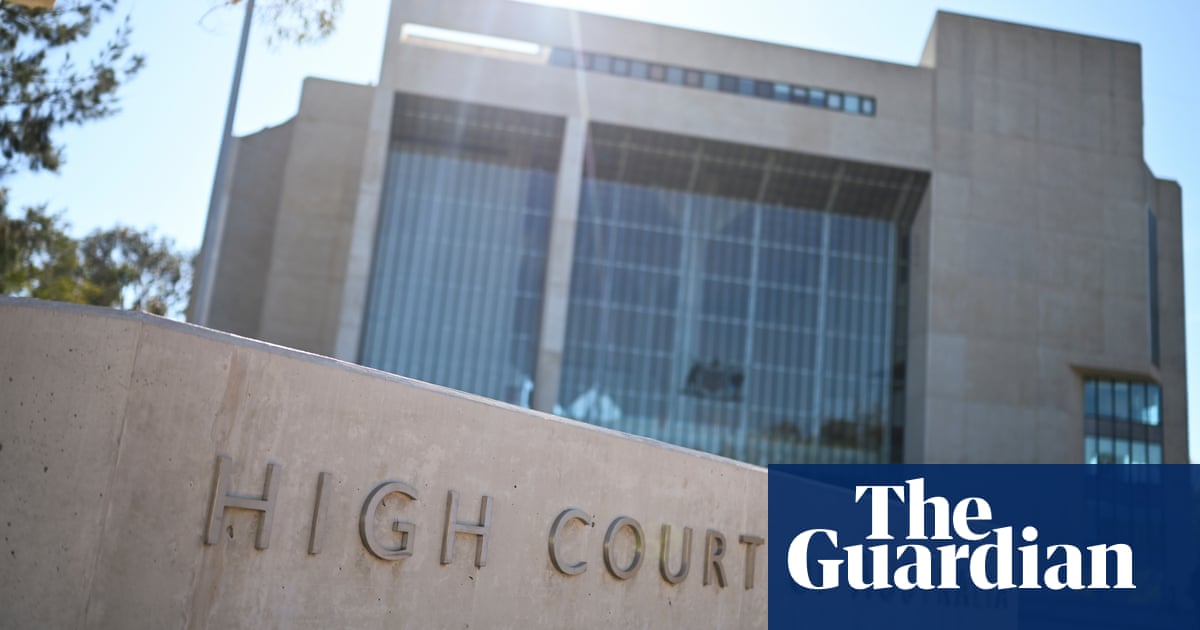A convicted double murderer’s attempt to secure release from custody via the high court has prompted several state governments to intervene to protect “no body, no parole” laws.
Rodney Michael Cherry, 62, was found guilty in 2002 of killing his 35-year-old wife, Annette Cherry, and 18-year-old stepdaughter, Kira Guise at Roma, in rural Queensland and sentenced to life in prison.
Guise’s body has never been found and Cherry has maintained his innocence.
Convicted killers in Queensland cannot be paroled if, through their act or omission, a victim’s body has not been found.
The Parole Board in July 2023 refused Cherry’s application for release and stated he “has not given satisfactory cooperation in the investigation of the homicide offence to identify his victim’s location”.
Cherry filed written submissions for an appeal to the high court in October 2024, claiming the “no body, no parole” legislation “impermissibly grants judicial power” to the Queensland government.
The appeal argued the laws were “unlawfully empowering [the government] to alter the punishment imposed by the supreme court” of a minimum 20 years’ imprisonment without parole.
The attorneys general for New South Wales, Victoria, Western Australia, South Australia and the Northern Territory in December outlined their arguments to the high court in support of “no body, no parole” laws.
“The ‘no body-no parole prisoner’ provisions were intended to reduce the suffering of victims’ families,” NSW solicitor general, Michael Sexton, stated.
“[The legislation provides] an incentive for offenders to cooperate with authorities, rather than to increase the severity of the punishments imposed.”
Victorian solicitor general, Alastair Pound, stated that Cherry’s case had “not a difference of substance or constitutional significance” compared with three other failed high court appeals by prisoners who were denied parole.
The Queensland government responded to Cherry’s submissions in November 2024 and said he was not permanently barred from parole.
“The prisoner stops being a ‘no body-no parole prisoner’ if the body or remains of the victim are located, even if that has occurred without any cooperation from the prisoner,” solicitor general Gim Del Villar stated.
The high court is due to hear the matter again on a date to be fixed.







